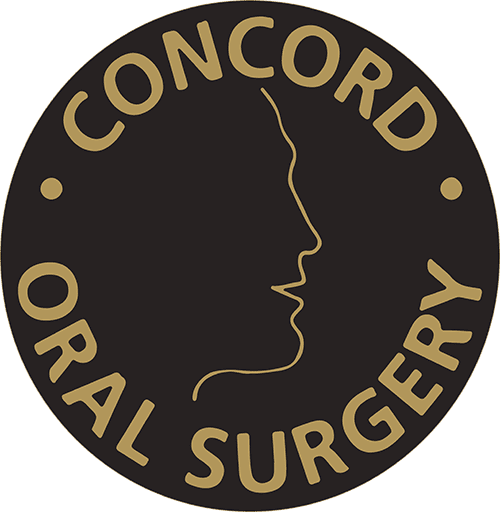Reviewed By Dr. Robert Barron, DMD
Reading Time: 3 minutes
Chronic headaches can wear you down. You try over-the-counter medicine, lifestyle changes, and even migraine treatments, but the pain always comes back.
What if the source of your headaches is not in your head at all, but in your jaw? Your temporomandibular joint (TMJ) could be the hidden cause, and a specialist’s diagnosis may be the key to lasting pain relief.
In this blog, you will learn what the TMJD is, how it can cause headaches, what it feels like, and when to see a specialist.
Table of Contents
Key Takeaway
Recurring headaches that spread from the jaw to the temples or neck may be caused by TMJ disorder. A specialist evaluation is the most reliable way to confirm the source and find lasting pain relief.
What Is the TMJ and How Does It Cause Headaches?
The TMJ is the hinge joint that connects your lower jaw to your skull, located just in front of your ears. It is one of the most complex joints in the body because it allows both hinge and sliding jaw movements.
When this joint becomes inflamed, strained, or misaligned, the pain does not always stay in the jaw. Instead, it radiates to the head, face, and neck. This can mimic tension headaches or even migraines, leading people to treat the wrong problem. This is why temporomandibular disorders can be so difficult to identify without a specialist.
What Does a TMJ Headache Actually Feel Like?
A TMJ headache has distinct qualities that set it apart from other types of headaches.
- Location: The pain usually starts near the temples, around the ear, or at the back of the head.
- Type of pain: It is often a dull, steady ache, not the pulsing or throbbing sensation of a migraine.
- Additional symptoms: TMJ headaches rarely come alone. Many patients also report stiffness in the jaw muscles, difficulty chewing, or pain that worsens when speaking.
Imagine waking up with tightness in your jaw, then feeling that ache spread into your temples by mid-morning. By the afternoon, your shoulders feel tense, and you start to wonder if it is stress or something more. That pattern is very common in patients with TMJ disorders.
Telltale Signs Your Headache Is TMJ-Related
Here are common signs that your headache may be linked to TMJ dysfunction:
- Pain or tenderness in your jaw, cheeks, or temples
- Clicking or popping sounds when opening or closing your mouth
- Difficulty chewing or a feeling that your bite is “off”
- Earaches or a sense of fullness in the ears
- Pain that worsens when you chew, talk, or yawn
- Neck and shoulder pain
When to See an Oral Surgery Specialist for Your Headaches
If you experience recurring headaches with any of the above symptoms, it is time to seek a specialist’s opinion.
At Concord Oral Surgery, Dr. Robert Barron performs comprehensive evaluations that include a detailed medical history, physical examination, and advanced 3D imaging.
Contact Concord Oral Surgery in Vaughan today to schedule your comprehensive TMJ and facial pain evaluation. To book an appointment at our oral surgery office in Vaughan, ON, call (905) 669-2616. We are located at 3300 Highway 7 West, Suite 805 Vaughan, ON.
FAQs
What is the 3 finger test for TMJ?
The 3 finger test is a simple way to assess jaw mobility. You place three fingers vertically between your upper and lower front teeth. If you cannot comfortably fit all three fingers, it may indicate limited jaw opening, which is a common sign of TMJ disorder.
Can TMJ cause vomiting?
TMJ disorders can sometimes trigger nausea or vomiting although it is not a common symptom. This happens because chronic jaw tension and referred pain affect nerves connected to the inner ear and head, which can create dizziness, nausea, or even balance issues.
Where can I find a TMJ specialist near me?
If you live in Vaughan or the Greater Toronto Area and suspect your headaches are linked to TMJ disorder, book an appointment with Concord Oral Surgery for a thorough evaluation and tailored treatment plan.

